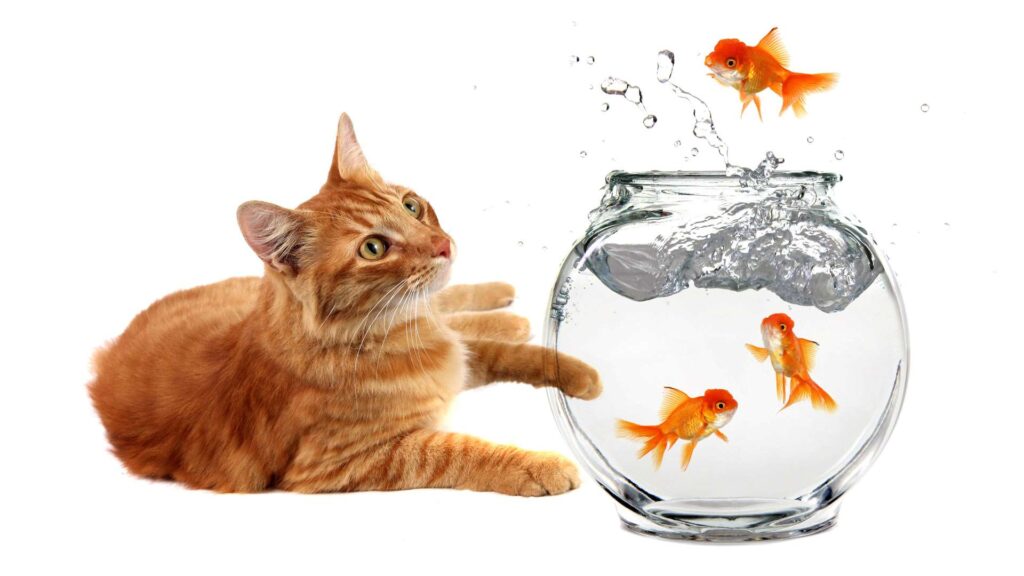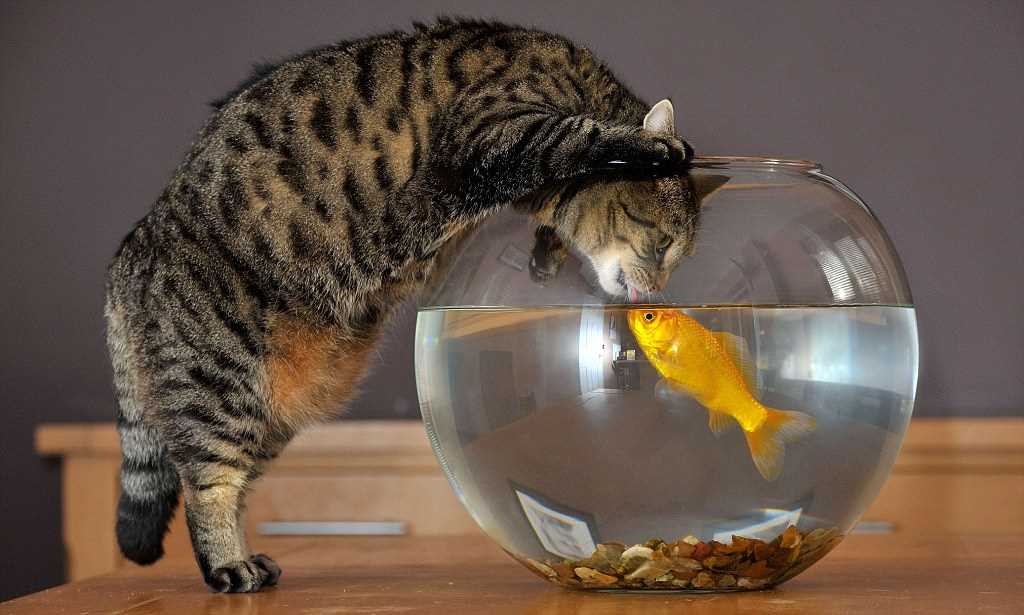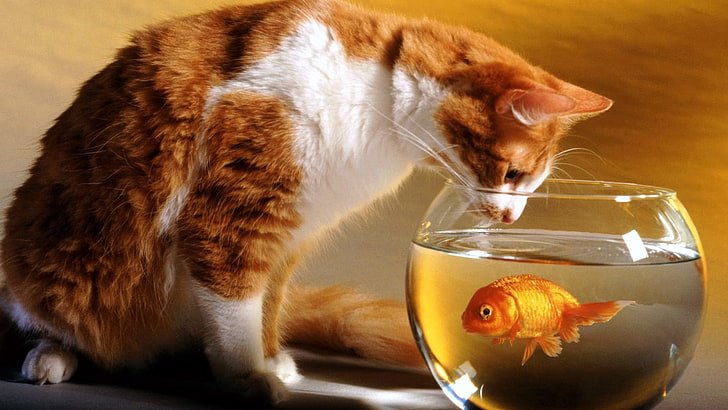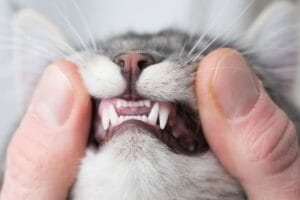Can Cats Eat Goldfish: Everything You Need to Know

Goldfish are a popular type of pet that many people enjoy keeping in their homes. But, for cat owners, a common question that arises is whether or not their feline companions may eat the Goldfish. In this article, we’ll dive deep into the topic of whether or not cats can eat goldfish and provide you with all the information you need to know.
What motivates cats to hunt goldfish?
Cats are drawn to the fast movements and vibrant hues of goldfish. They are naturally curious and playful creatures, which sparks their fascination with the lively fish in the bowl or tank. Moreover, cats are natural hunters, and their instinct is to play with their prey rather than devouring it straight away. As anyone who has seen a cat toy with a mouse knows, cats enjoy watching their prey squirm and struggle to get away.
The Risks of Feeding Goldfish to Cats

While cats may be curious about goldfish, feeding them to your cat can pose serious health risks. Goldfish contain thiaminase, an enzyme that can break down thiamine, a vital B vitamin. Without enough thiamine, cats can suffer from neurological issues, including seizures, loss of appetite, and even death. Additionally, goldfish may contain harmful bacteria, parasites, or chemicals, which can also be dangerous for cats.
Can Cats Eat Goldfish?
The short answer is that yes, cats can eat goldfish. However, it’s important to understand that just because a cat can eat something doesn’t mean that it’s safe for them to do so. Feeding your cat goldfish can come with a variety of risks (discussed below).
Are Goldfish Toxic to Cats?
Goldfish themselves are not toxic to cats, but they do contain bacteria that can be harmful. Goldfish live in aquariums, and the water they swim in can become contaminated with bacteria like Salmonella and E. coli. These bacteria can make your cat sick if they consume the fish or the contaminated water.
What are the Risks of Feeding Goldfish to Cats?
Apart from the risk of bacterial infection, there are other dangers associated with feeding goldfish to cats. Goldfish have sharp bones that can cause harm to a cat’s mouth, throat, or digestive system. The fins of the fish can also get stuck in a cat’s throat or cause injury to their digestive system. Furthermore, if the goldfish is not properly cleaned and prepared, it can contain harmful chemicals that can make your cat sick.
The Nutritional Value of Goldfish

While goldfish may seem like a source of protein for cats, they are not a nutritionally complete food. Goldfish are low in essential nutrients that cats need to thrive, including taurine, an amino acid that’s essential for cats’ vision, heart health, and overall well-being. Feeding goldfish to cats may also lead to imbalances in their diet, which can cause health problems over time.
What nutrients do goldfish contain?
Goldfish are a source of protein and contain various vitamins and minerals. They are low in fat, which can be beneficial for cats that need to lose weight. However, while goldfish do contain some nutrients, they are not a complete source of nutrition for cats.
Can cats benefit from eating goldfish?
While goldfish can provide cats with some nutrition, they are not a necessary part of a cat’s diet. Cats are obligate carnivores, which means they need a diet that is high in animal protein. Feeding your cat goldfish can also lead to deficiencies in other necessary nutrients that are not found in the fish.
Are there any health benefits to feeding goldfish to cats?
There are no significant health benefits associated with feeding goldfish to cats. In fact, there are many risks that outweigh any potential benefits. It’s important to provide your cat with a complete and balanced diet that meets all of their nutritional needs.
What to do if your cat eats a goldfish?
If your cat has eaten a goldfish, there is generally low risk involved and no need for immediate concern. However, it’s always a good idea to seek advice from your cat’s veterinarian if you have any doubts or concerns.
Your veterinarian is familiar with your cat’s health and can offer guidance based on their medical history. The veterinarian may suggest monitoring your cat for a few days for signs of illness, such as lethargy, nausea, vomiting, diarrhea, or loss of appetite. In some cases, they may recommend a preventive treatment or want to examine your cat to ensure there are no underlying issues.


